The point of this challenge is to write about one ancestor, every week in 2024, according to a given prompt. I will be writing about ancestors and other family members.
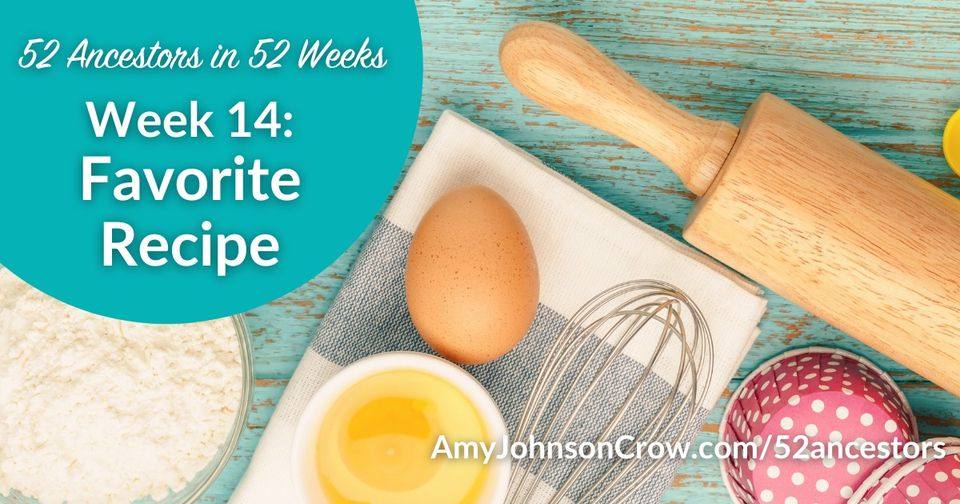
Food has a way of bringing up memories, whether it’s the cooking of a favorite recipe, meals shared with loved ones, or memories of kitchen mishaps! This week, explore a favorite recipe and the person or people who make that recipe special. – Amy Johnson Crow
Favourite Recipe
My 2x great grandparents John TAYLOR and Martha LLOYD came to Australia from Haverfordwest, Pembrokeshire in Wales. Some examples of traditional Welsh food are Welsh Rarebit, Laverbread, Welsh Cawl, and Bara Brith. These are just a few of the delicious dishes that we tried when we were on a cycling holiday around Wales. I had never previously eaten any of these foods, but they were all delicious.
There was another traditional food that I fell in love with, and have made many times at home, since that trip, and that was Welsh Cakes. My memories of the day that I tried them, was that it was a tough day of cycling in the hills and extremely heavy rain. We stopped, exhausted, at a tearoom that we came across. We shook off our wet clothes, and sat in a warm, quiet corner, where we could watch the raging weather through the large windows. We ordered the Welsh Cakes and absolutely loved them. In fact, after that day, at almost every afternoon break, we ordered Welsh Cakes. They have since become a family favourite. The fact that they are linked to my heritage, makes them extra special.
Welsh Cakes
Welsh cakes, which are cooked on a hot griddle, are a cross between a scone and a pancake, but their taste and texture is completely different. They can be eaten plain or sprinkled with sugar. They can be spread with butter, jam, cream, or even chocolate spread topped with chopped marshmallows.
Welsh cakes have been popular in Wales since the late 19th century. They are also known as griddle cakes or bakestones, because they are cooked on top of the stove on a griddle.
©2024 copyright. All rights reserved jonesfamilyhistory.wordpress.com
The aim of this challenge which is set by genealogist, Amy Johnson Crow, is to write about one ancestor every week in 2024, according to a given prompt. I will be writing about my direct ancestors, and also about other family members.
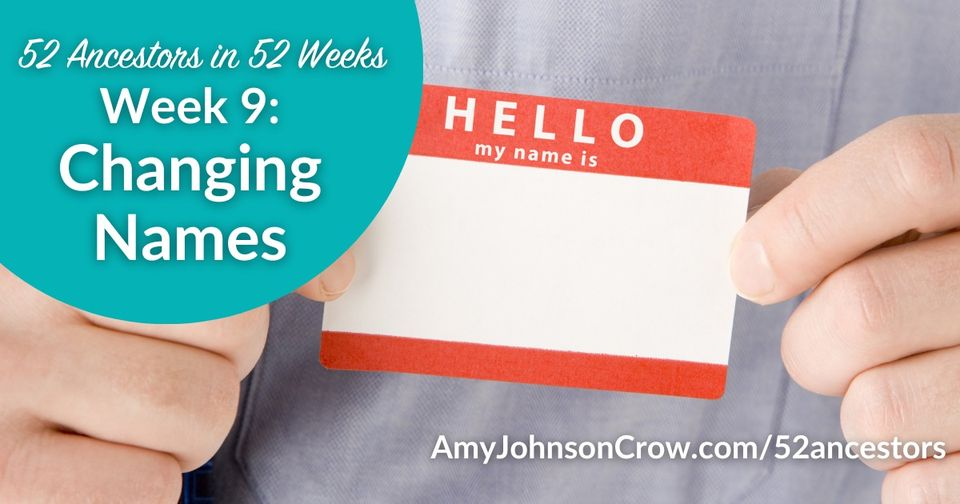
“Our ancestors’ names were more fluid that we often think. Whether it’s using a middle name as a first name, using a nickname, or Americanizing a name to “fit in,” our ancestors usually went by more than one name during their lifetime. (And let’s not forget the women who changed their surname each time they got married!) This week, write about an ancestor with a changing name”. – Amy Johnson Crow
Thomas Webb and Sarah Francis Bush PEARCE
Thomas WEBB and Sarah Francis Bush PEARCE were my 3x great grandparents. Thomas was born in 1822 at Bradford on Avon, Wiltshire, England. His parents were named on his birth record as Charles WEBB and Amelia GIBSON.
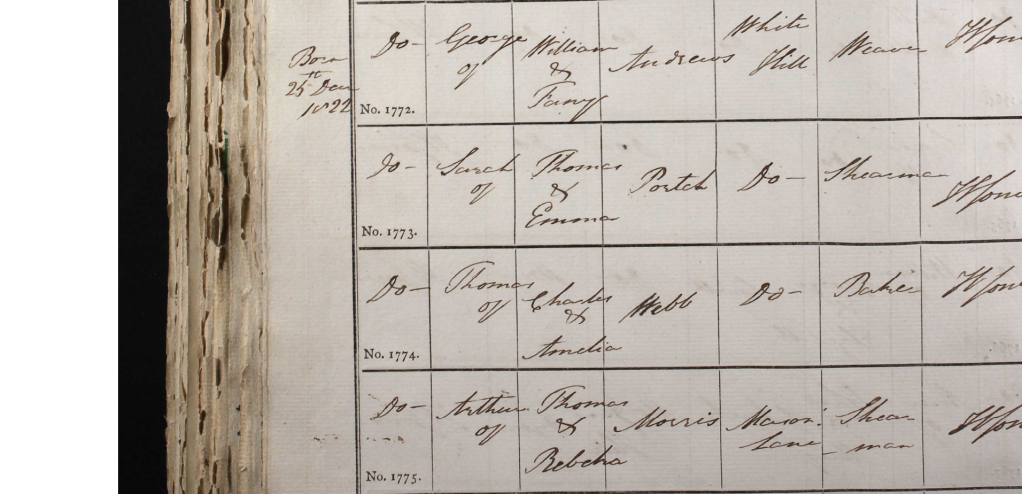
Name Change
Many years ago, it quickly became obvious, when researching the Webb family line, that there had been a name change from WEBB to LOVE. It seems that the name change occurred with the fresh start in Australia, for some reason.
Two mysteries surround the life of Thomas Webb
Another family researcher and myself have tried many times over the years to solve the name change mystery, along with the disappearance. Following is the information that Graham Sleeth, researcher has been able to find, published with his permission.
1851
In the Census of 1851 Thomas [29] was living in Bradford with wife Sarah [30] and children Martha [6], Charles [3] and Catherine [1]. In 1851 Thomas was then known as Thomas WEBB.
1854
Thomas was still using the surname WEBB in 1854 when Thomas Albert was baptised on 6 November. The family at that time was living in Middle Rank, Bradford.
Disappearance
- Census Data:
In the Census of 1861, Thomas wasn’t present with the family. Sarah and the children were living with, and supporting, Sarah’s widowed mother in Bradford. In the house next door was the Usher family. Hannah Usher was the daughter of John and Mary Cox, who were the parents of Richard Cox who was to become one of my great, great grandparents.
It is reasonable to assume from this that the Cox and Webb/Love family was known to each other before they came to Australia and then settled in the Heathcote region,
- Hannah Cox [often known as Anna] was one of Richard Cox’s sisters.
- In 1840 Hannah married George Usher in Steeple Ashton. George was born in West Ashton in 1821 and he was the son of James and Mary Usher.
- The Census of 1861 has the Usher family living in Middle Rank, Bradford where they are living next door to the home occupied by Sarah Webb and family. Sarah was the wife of Thomas Webb [Love] and they were the parents of Thomas Albert Webb who was later to marry the daughter of Richard Cox.
- Sarah Webb was living with and supporting her widowed mother Rachael Pearse.
- Sarah’s husband, Thomas Webb [Love] does not appear in the Census.
Attempts to trace Thomas Webb [Love] through Census data for England in 1861 has so far been unsuccessful.
- Arrival in Australia
Sarah Webb brought the family to Australia in 1862 aboard the ship James Booth. Again, Thomas was not with the family and the reason for that remains a mystery. Those travelling on the James Booth were:
- Sarah [aged 38]
- Martha [12]
- Charles [10]
- Rachel [8]
- Albert [5] – actually Thomas Albert.
- Conclusion:
A reason for Thomas not being with the family at the time of the Census in 1861 and his not having travelled to Australia with the family has not been found. Travel arrangements to Australia have not been found either. It’s possible that he made his way to Australia before 1860, but I haven’t as yet, found him in the passenger records.
The family name changed from WEBB to LOVE on arrival in Australia. Why that happened is a mystery. They became known as LOVE, but Thomas and Sarah’s son Thomas Albert was later married as Thomas Albert WEBB.
Will of Thomas Webb/Love
In the will of Thomas WEBB/LOVE, Thomas is referred to as “Thomas Webb Love (commonly called Thomas Love)”
The following statement referrring to the confusion with Thomas’ name, was on the first page of the administration papers:
“That the said Thomas WEBB LOVE was erroneously called Thomas LOVE, in the Letters of Administration referred to in the third paragraph of the aforesaid affadavit.
That the right and proper name of the said deceased was Thomas WEBB LOVE, but he was designated Thomas Love in the aforesaid Letters of Administration, that being the name by which he was generally known and commonly called.
Public Record Office Victoria; North Melbourne, Victoria; Victorian Wills, Probate and Administration Records 1841-1925; Series: VPRS 7591
Public Records Office, Victoria, Unassisted Passenger Lists, VPRS 947/P0000, May-Aug 1862
Wiltshire and Swindon History Centre; Chippenham, Wiltshire, England; Wiltshire Church of England Parish Registers; Reference Number: 883/9. Ancestry.com. Wiltshire, England, Church of England Births and Baptisms, 1813-1922 [database on-line]. Lehi, UT, USA: Ancestry.com Operations, Inc., 2017.
©2024 copyright. All rights reserved jonesfamilyhistory.wordpress.com

52 Ancestors in 52 Weeks
I have decided this year, to participate in the 52 Ancestors Challenge, as it’s a few years since I’ve done it. The aim of this challenge, which is set by genealogist, Amy Johnson Crow, is to write about one ancestor every week in 2024, according to a given prompt. I will be writing about my direct ancestors, and also about other family members.
A few of the prompts look quite tricky, and seem to have no relevance at all to my family history, so I may skip a few weeks along the way.
Rootstech 2024
Rootstech 2024, the largest genealogical conference in the world, begins on 29 February and runs until 02 March, and once again, I will be attending the conference virtually, I attended Rootstech in person in 2016, and am looking forward to going to Salt lake City again in the future, but that’s not this year.
I have checked out the sessions and made my list of those that interest me. I’ve kept the days free, so I can devote the entire time to Rootstech. Also, I’m very interested to see all the latest trends in genealogy and technology in the the Expo Hall.
One of the fun aspects of Rootstech is their Relatives at Rootstech, an optional activity. If you wish to, you can see others who are registered, and researching people that are on your family tree. This does cause quite a bit of excitement, as attendees check how many Relatives at Rootstech they have. There are people who have thousands, but so far this year, I only have seven. This will possibly increase during the conference but, I suspect, only by a few.
Transcribing
Last year, the Australian War Memorial called for volunteers to transcribe war diaries and documents,from their National Collection, as part of their transcribe project. So far I’ve transcribed parts of a war diary and five letters. This will be an ongoing project, that I’m planning to continue. For a few years, I’ve been transcribing 18th century Scottish prison records, but from here on, will prioritise the War Memorial documents.
A to Z Challenge
Once again, I am planning to participate in the Blogging April AtoZ Challenge. This year, I have decided that I will be blogging April A to Z on my new One Place Study Haverfordwest History
Connections 2025
This is the Australasian Genealogy Conference that is being held in March 2025 at Brisbane. Writing this post has reminded me that I haven’t as yet registered, so I will do that this week and arrange our accommodation. We are hoping to combine this visit to the conference at Brisbane with a visit to Noosa to spend time with my son and grandchildren.
Research
Finally, I’ve been able to find time to get back to fam8ily history research. I’ve done more research in the past two months than I’ve done in the previous two years. This has opened up avenues that I hadn’t expected, so my research task list is now much longer. As you know, it’s never over. Research leads to more research to be done, but that’s the fun of it.
Link to posts in January and February
52 Ancestors in 52 Weeks – Immigration
52Ancestors in 52 Weeks – Earning a Living
52 Ancestors in 52 Weeks -Influencer
52 Ancestors in 52Weeks – Witness To History
52 Ancestors in 52 Weeks – Favourite Photo
52 Ancestors in 52 Weeks – Origins
52 Ancestors in 52 Weeks -Family Lore
Australia Day Geneameme
Genealogy Blogging Plans for 2024
©2024 copyright. All rights reserved jonesfamilyhistory.wordpress.com
The aim of this challenge which is set by genealogist, Amy Johnson Crow, is to write about one ancestor every week in 2024, according to a given prompt. I will be writing about my direct ancestors, and also about other family members.
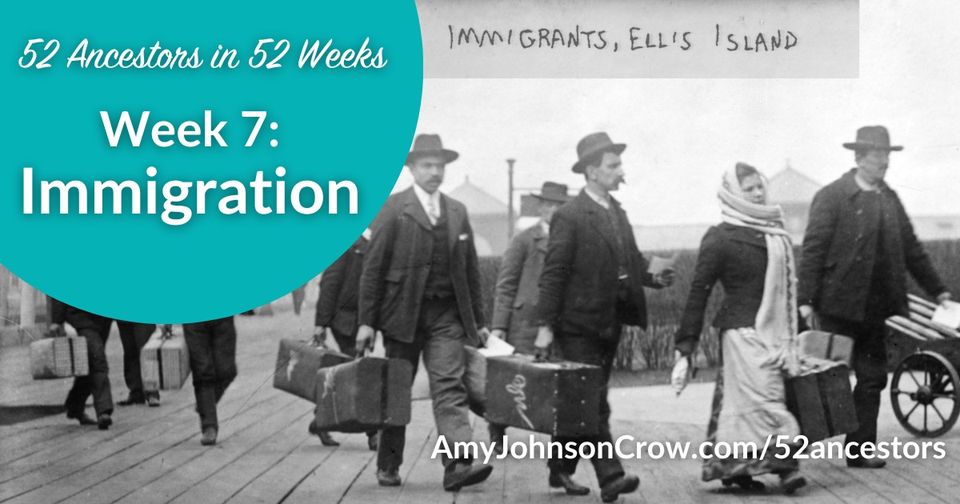
For many people, genealogy starts with a desire to know where our family came from. This week, consider an immigrant ancestor: where they came from, why they came, or how different their life was between their “old country” and their new one.” – Amy Johnson Crow
My great great grandmother, Ellen BOYLE from Donegal, Ireland was almost16 years old, when she boarded the Lady Kennaway, bound for Australia,. The Lady Kennaway was the first ship to carry Earl Grey Famine girls to Australia. Ellen was listed as being a nursemaid, and a Roman Catholic, and could neither read nor write. On arrival Ellen was immediately employed as a maid by Charles RYAN, Doogalook, Goulburn River, Victoria. Charles RYAN and his family were very prominent in the early years of Victoria’s settlement.
Report of the Immigration Board of Inspection – Lady Kennaway
On 11 September 1848 the ‘Lady Kennaway’ departed Plymouth with 191 young girls on board, and arrived in Australia, almost three months later, on 6 December 1848. The Captain was Captain Santray and the Surgeon Superintendant was Dr. Brock. On 7th December 1848 in Melbourne, the Immigration Board of Inspection inspected The Lady Kennaway and spoke to the 191 orphan girls who had just made the voyage, about their treatment and experience of the journey. Following is their report:
Sir,
We have the honor to inform you, that according to your instructions, we, on the 7th instant, proceeded, on board the Lady Kennaway, which arrived at Port Phillip on the day previous with female orphans, immigrants, after a voyage of 85 days. The females in question, have been selected out of several of the Poor House Unions, in Ireland, and consist of girls of the age from 14 to 19 years. Their general condition aspect indicates good health, and gives the impression that they belong to the humbler ranks of life. They are generally of the stout make, rather low in stature and are endowed with strongly marked Irish physiognomies. They are almost exclusively of the Roman Catholic Religion, and it would appear that most of these have been in service of some kind or other, either in town or country, previous to leaving their native homes.
We do then, consider these to be, on the whole, a most seasonable supply and acquisition, to this city and it’s environs, and hope that we may in future have many importations of a similar kind, and as they came originally from small country towns and adjoining districts, they have never seen or been accustomed to witness those demoralizing scenes too frequent in the large towns in many parts of the Empire, and we do not but that they will continue to conduct themselves as hitherto, and keep in the paths of virtue.
Every person that was fortunate enough to get on of them, that we have spoken with express themselves well pleased with them. They are most anxious to please their employers, and as they have much to learn, in the line of their callings, we doubt not, that they will be teachable and make good and useful servants. Very few of them can read, and scarcely any of them can both read and write, altho each of them was given a prayer book and testament from their respective unions.
They are represented as having been generally well conducted during the voyage, and amenable to the rules and regulations established for their observance. Some few of them were inclined to be rather noisy and boisterous occasionally, and would not hesitate at times to let out a bit of an oath.
The importation by this vessel consists of seven families, comprising 19 souls, Orphan girls 191. One girl aged 11 years, sent out to join her parents in Melbourne to whom she was delivered up. Chief Matron 1, sub matrons 4, making a total of 216 souls. Only one death, that of a child occurred on the passage. The people all arrived here in excellent health, none being on the sick list, and they certainly exhibited the appearance of having been on full allowance on the voyage.
Not a single complaint of any kind was made by any of them. All expressed themselves satisfied with the treatment they experienced during the passage.
The surgeon superintendant, being an old navy surgeon, and besides having had experience in this particular line of employment, seems, with the cordial co-operation of the master and other officers of the ship, to have maintained strict order and to have preserved that moral restraint so necessary under the peculiar circumstances of this case.
We beg leave in this place, to represent to your Honor to be brought under the consideration of the proper authorities at home, should such be declared expedient, that in cases likely to happen in future where a large number of immigrants have been selected either in Ireland or Scotland, a great benefit would be conferred on them, by substituting a quantity of oatmeal for a portion of the articles of diet, as supplied at present by the dietary scale, together with a proper proportion of molasses to be used with the porridge, in lieu of milk, the article generally used ashore, such substitution would be most grateful and better suited to their tastes and habits, but we consider would be conducive to their well being and health.
There is a milk made with maize meal in the same manner that oatmeal is treated, equally palatable, nutritious and wholesome, which during the voyage, might be alternated with the porridge, with much benefit. It may not be out of place here to remark, that the applicants for the service of these females, were numerous, and at the present time they are all hired in respectable places, but three not yet engaged.
(signed) John Patterson, Chairman
(signed) Henry Green
(signed) P. Sutton
Public Records Office of Victoria: VPRS 14/P0000/4
(PROV) VPRS 14/P/0000 Book No. 4 https://prov.vic.gov.au/archive/E29F590B-F1B1-11E9-AE98-E747FB87C89B?image=166
©2024 copyright. All rights reserved jonesfamilyhistory.wordpress.com




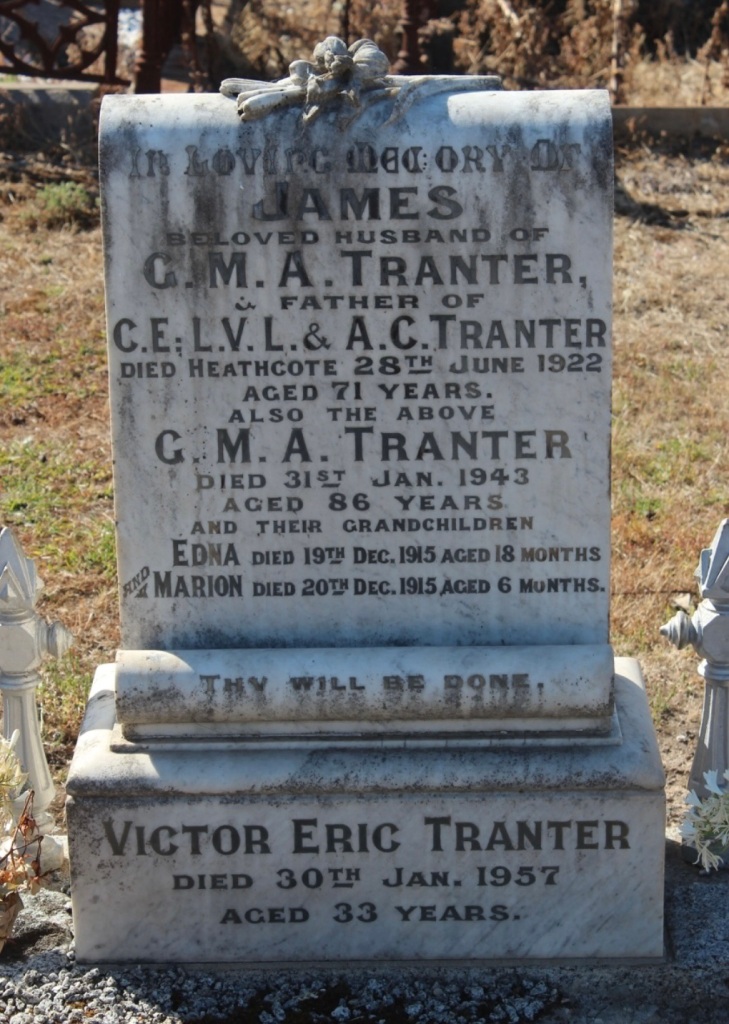
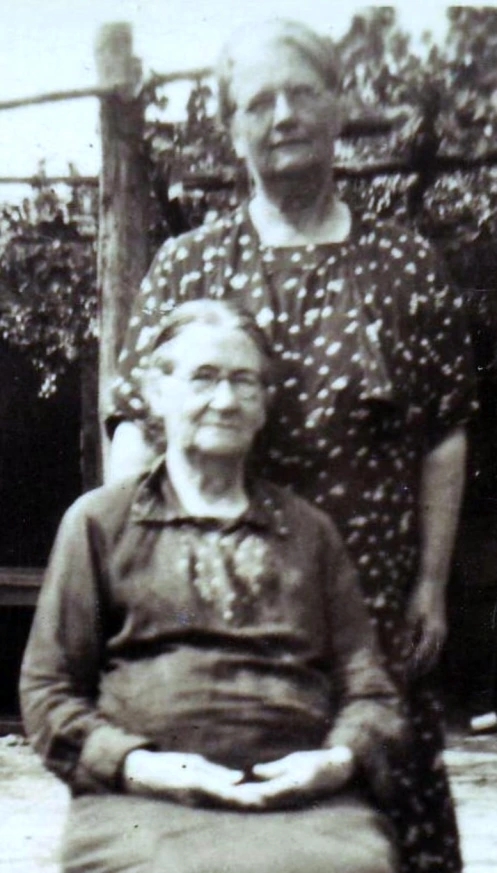



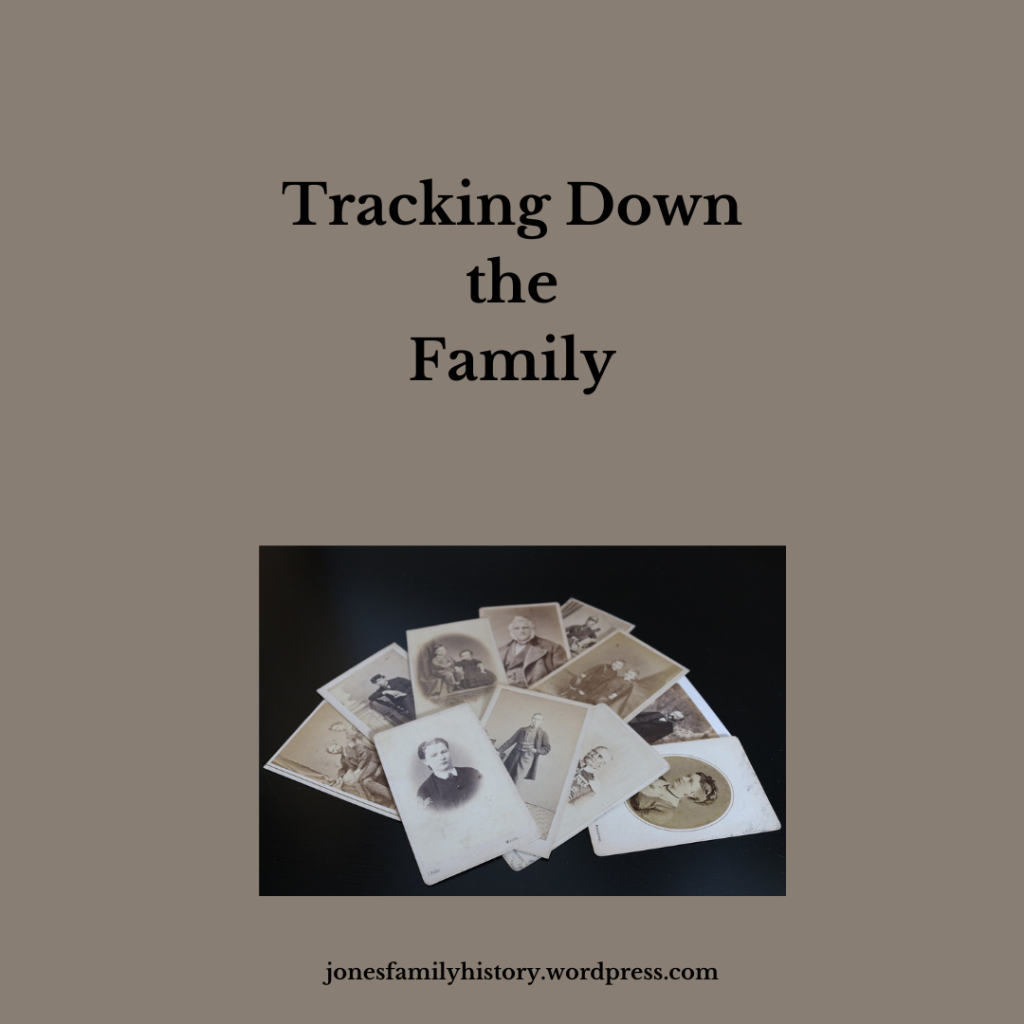
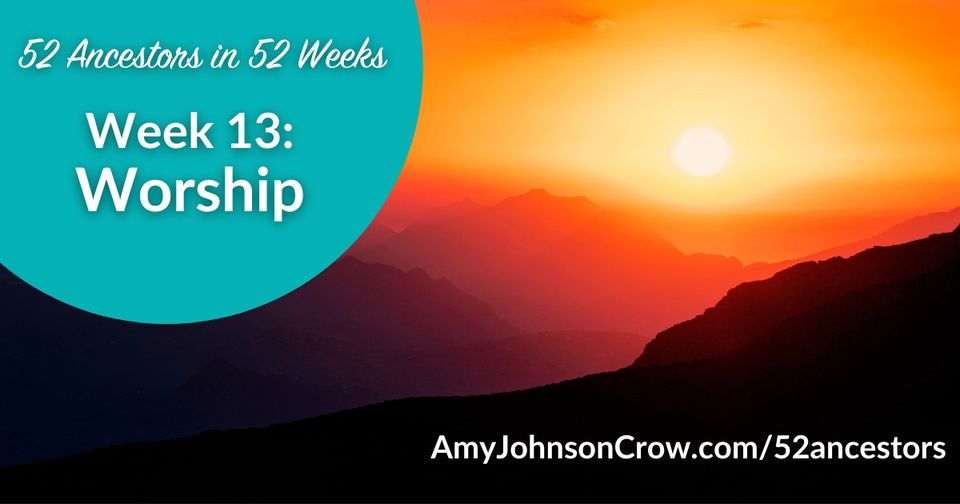

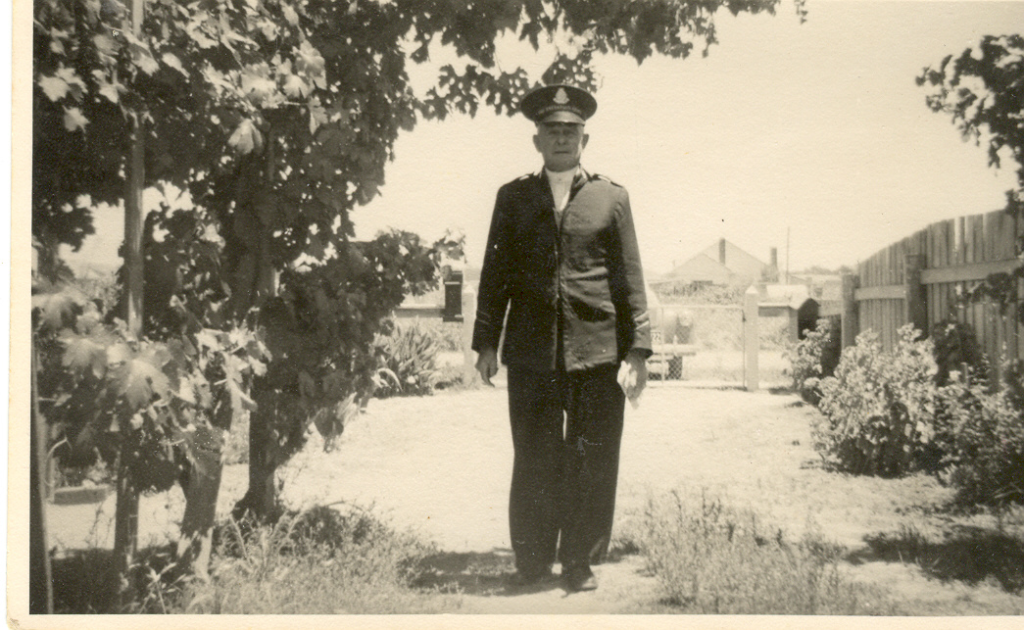
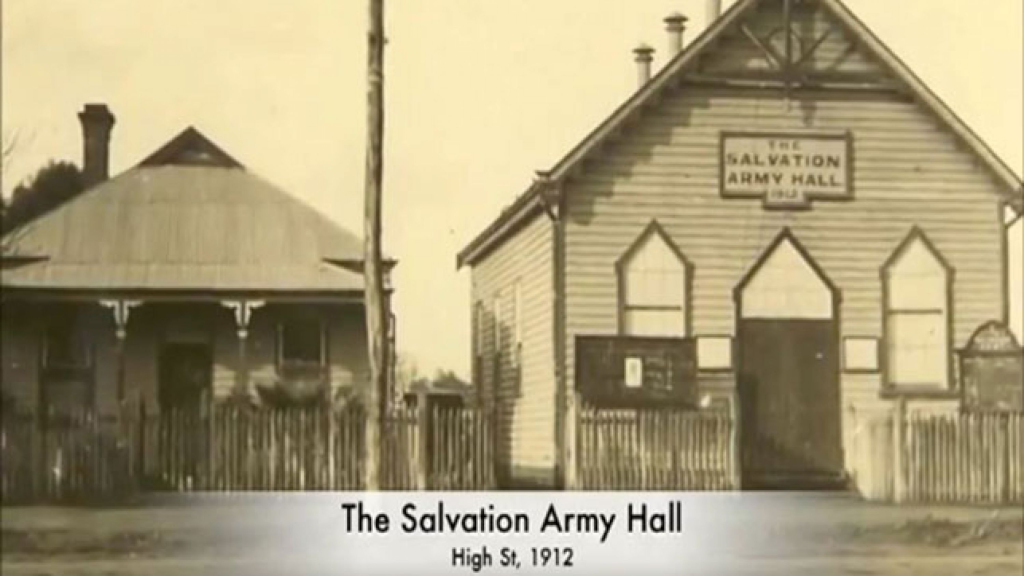

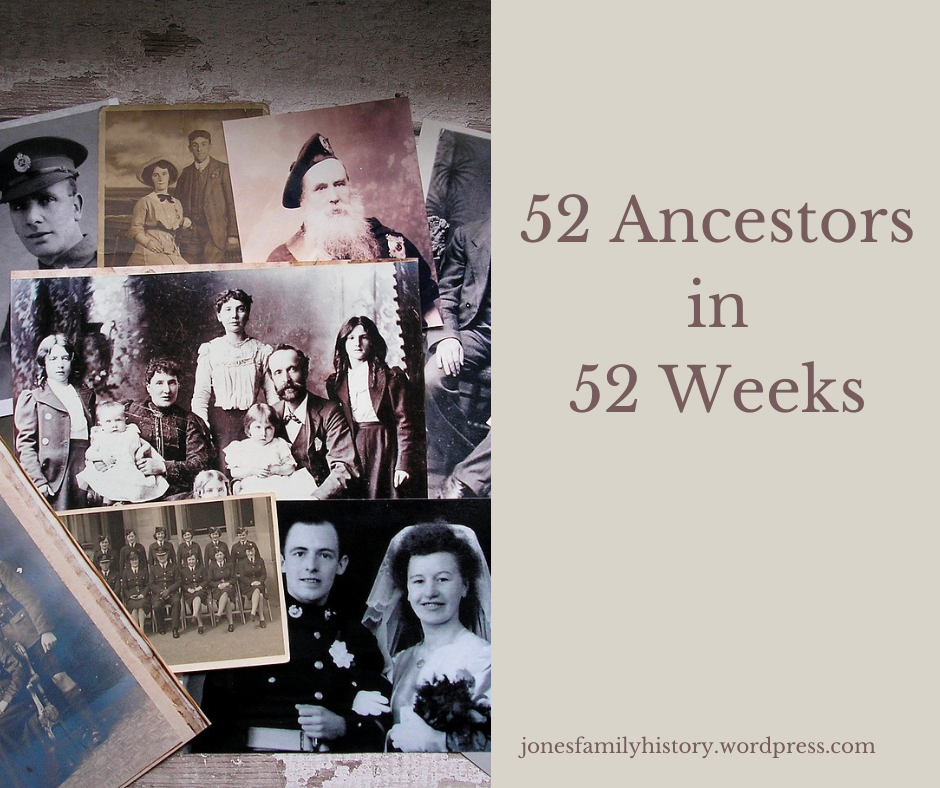




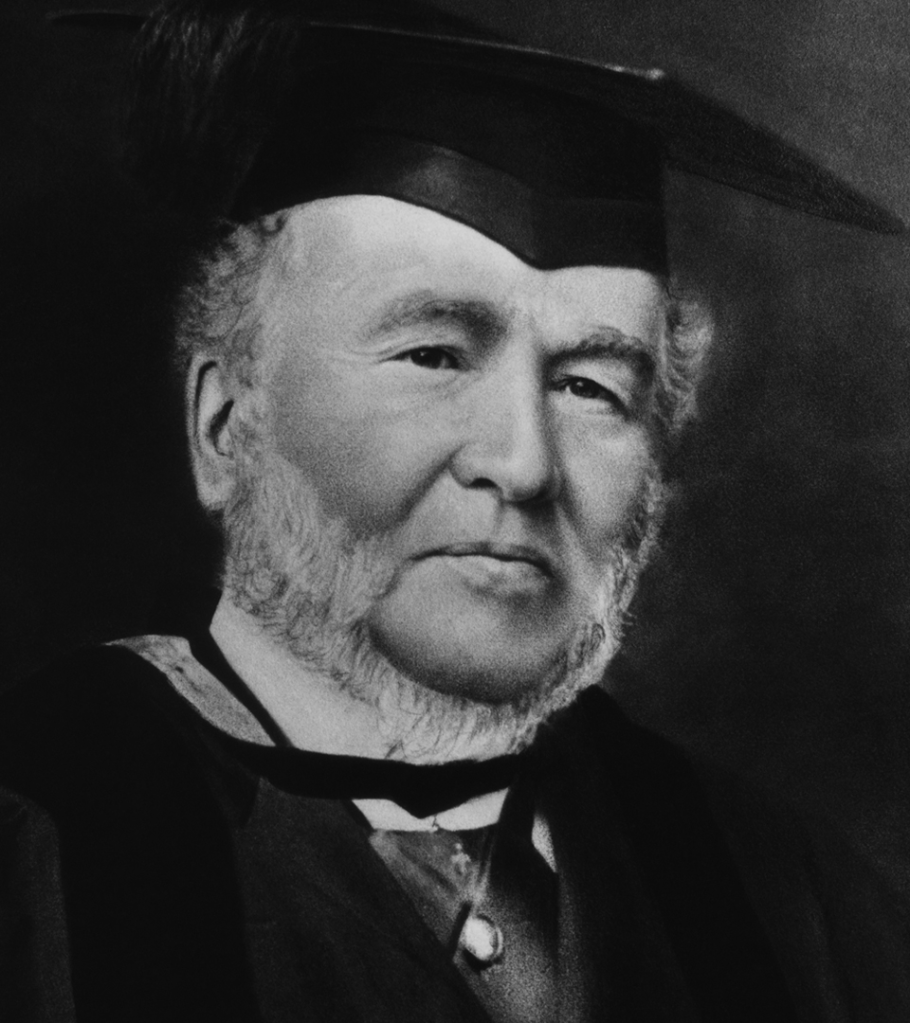
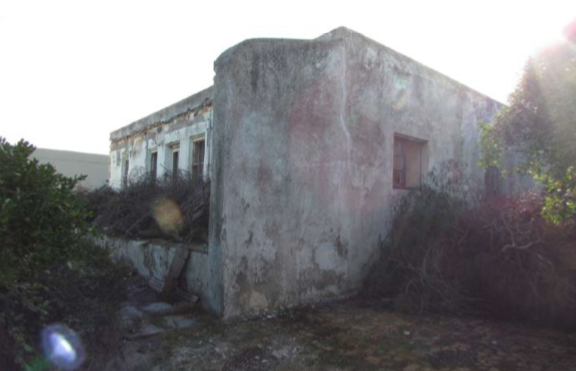
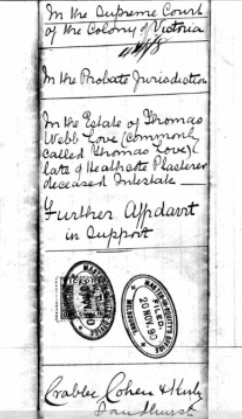
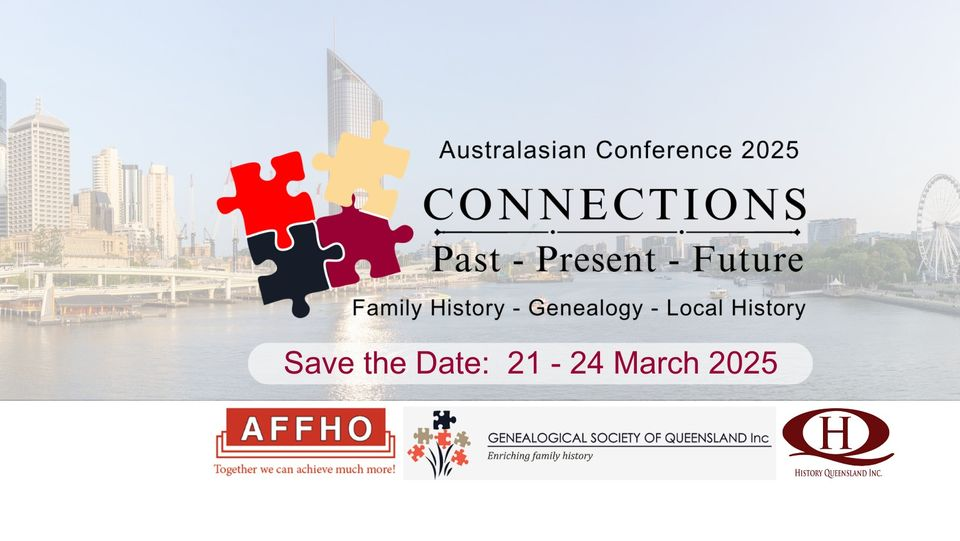

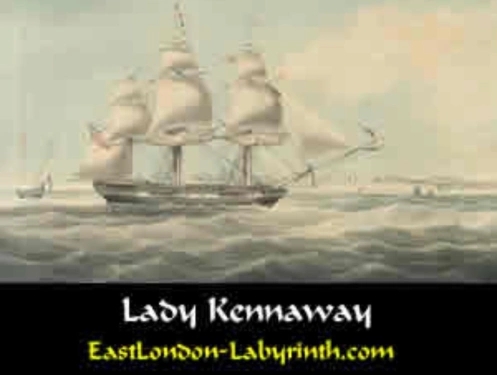
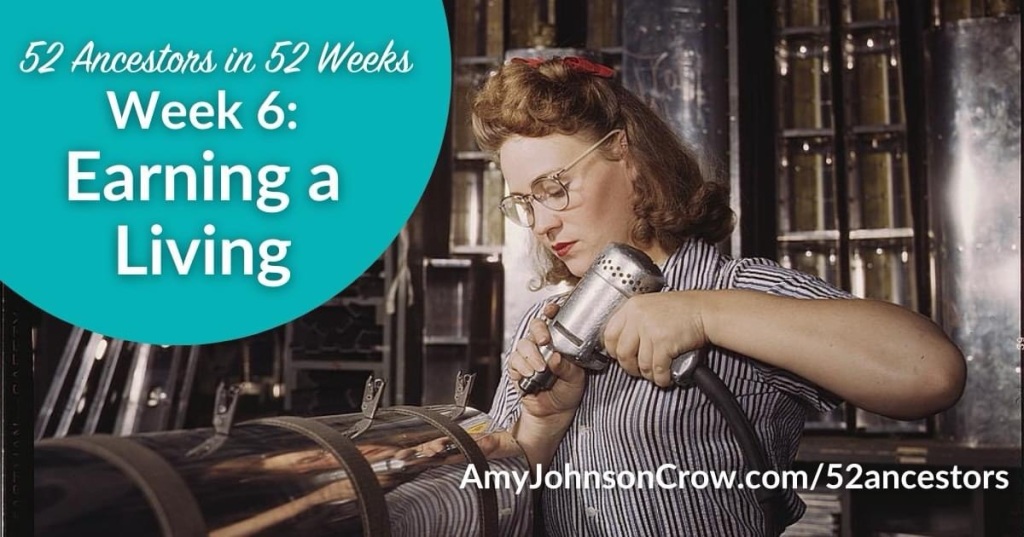








 </a
</a